I miss you, Streetpass, come back. - TechnW3
Many Nintendo 3DS owners look back on this community feature fondly.
Nintendo loves bringing people together to play games and has made an effort to achieve that goal ever since it began developing video games. One particular fascination at a point was wireless communication, as evidenced by its handheld consoles. From trading Pokémon in FireRed and LeafGreen via the wireless adapter on the GameBoy Advance, to Tag Mode in games like Nintendogs and The Legend of Zelda: Phantom Hourglass on the Nintendo DS, Nintendo has continuously tried to bring gamers together without being burdened by cumbersome cables.
However, Nintendo's love for wireless communication features famously extended to the Nintendo 3DS. Upon revealing the console, Nintendo announced that one of the new features was called "Streetpass". Players who passed other players on the street could exchange Miis and other information like items or battle shadow versions of each other! Groundbreaking!
StreetPass specifically was a pleasant time, and thinking back on it, why don't we have something similar for the Nintendo Switch?
What is Streetpass?
As we previously mentioned, StreetPass was a system on the Nintendo 3DS that used wireless communication, and allowed people passing each other on the street to participate in games together. The star of the show was StreetPass Mii Plaza. Players could exchange their Mii character along with a few details, including what game they were currently playing, their country (or state), their hobby, and most importantly, whether they were a dog or cat person. Players could collect Miis they encountered and fill in a little map, listen to music, collect achievements, and play games.
At the beginning of the 3DS' life, only two games were available: Puzzle Swap and Find Mii. In Puzzle Swap, players exchanged puzzle tiles with people they passed by, collecting tiles for various panels until they formed a dazzling 3D image. Find Mii sees the player's Streetpass Mii get kidnapped by monsters, and it's up to the Miis found through Streetpass to free your Mii. Armed with swords and magic determined by the color shirt they wear, collected Miis must defeat ghosts and mummies to get to the end.
What I appreciated about these games is that for people like me who lived in areas where not many people owned a 3DS, you could use Play Coins earned by walking around with your 3DS to collect random puzzle pieces or summon a dog to fight in Find Mii. It's a neat feature that took into consideration that not all 3DS owners live in metropolitan areas like New York City or Tokyo.
As the application got updates, Find Mii got a sequel and more games came to the app. These titles included a gardening game, a shoot-em-up, a fishing game, a stock trading game, and others. These were sold in DLC packs, with the exception of Slot Car Rivals and Market Crashers, where players could claim one of the two games for free. These games had a lot of charm and gave some personality to the Miis people picked up along the way.
How did games use Streetpass?
Aside from the titles offered in the Streetpass Mii Plaza application, many games on the Nintendo 3DS offered some form of Streetpass functionality, with some more involved than others. Monster Hunter 4 Ultimate facilitated the exchange of Guild Cards, allowed you to send out Palicoes to other Hunters, and helped to exchange Guild Quests. In The Legend of Zelda: A Link between Worlds, players could fight Shadow Link versions of passed players, with an incentive to continue through achievements. Mario Kart 7 enabled players to race ghost data from others, and Nintendogs + Cats allowed players to exchange gifts and Miis.
One of the more engaging games to implement the feature was Pokémon Omega Ruby and Alpha Sapphire. Players could visit each other's Secret Base, as well as distribute the Eon Ticket through Streetpass, which allowed others to catch either Latias or Latios, depending on their version of the game. In Animal Crossing: New Leaf, players could view the homes of others in the Happy Home Showcase, and order select furniture from those houses. If you met a player multiple times through Streetpass, they would gift you exclusive gifts like balloons and party favors for your player to hold.
These kinds of inclusive features were the ones I loved the most. Growing up in the Caribbean, I was excluded from any Pokémon event distributions that weren't sent over Wi-Fi. The distribution of the Eon Ticket meant that anyone could access the event as long as they knew someone else who had it, and the event would never expire as it continuously passed on through wireless communication. The ability to purchase furniture items from others in the Happy Home Showcase was great, as some event items were available for purchase. People even kept rooms full of event items for others to order through Streetpass.
Nintendo also sent out special houses from Nintendo employees like the former Nintendo of America President, Reggie Fils-Aimé. These distributions meant that even people who didn't get many Streetpasses could experience the feature, and it was fascinating to see how Nintendo employees decorated their houses.
Would it have worked on the Switch?
As to whether this feature would have worked on the Nintendo Switch, I definitely think so. After all, the console's main selling point was the ability to take console games on the go, with the Nintendo Switch Lite being exclusively handheld. Though not as small as the 3DS family of systems, it's still small enough to carry around in a bag, so portability obviously wouldn't be a deterrent. People take their Switch everywhere, including high-traffic places like train stations and airports. With a large catalog of great games, Streetpass would have been the perfect match.
The Switch also has wireless communication, and it has been utilized. When I attended Gamescom in 2018, people brought both their Nintendo Switch to check-in and earn prizes as well as their Nintendo 3DS systems, simply because conventions were the best way to get tags and seeing people from all walks of life come together on your handheld console was so heart-warming.
I think similar implementations of Streetpass could have been incorporated in Switch games. In Animal Crossing: New Horizons, players could perhaps view houses just like in New Leaf, or collect Nintendo-themed items through fortune cookies. In the sequel to The Legend of Zelda: Breath of the Wild, perhaps players could leave messages and hints for others to read, similarly to the messages left by players in Dark Souls. Of course, you could opt out of it if you wanted to go in completely blind, but it could be something to think about.
Players could leave messages and hints for others to read, similarly to the messages left by players in Dark Souls.
I would have loved to see the feature used in Pokémon Sword and Shield, where players could send out a Pokémon to help people in raids. That could definitely help turn the tide of battle, and we wouldn't be left with default players like Martin and his useless Solrock if we tried to raid solo. In Monster Hunter Rise, Streetpass could have been implemented by sending Palicoes and Palamutes to scavenge for items, maybe even rarer ones than those obtained through the Argosy or the Meowcenaries.
Will the feature ever come to the Nintendo Switch? I doubt it. But the 3DS did end up receiving substantial updates and content like Miiverse relatively late in its lifetime, so who's the say? With how well the Nintendo Switch family of systems is selling, Nintendo could definitely take advantage of the large install base to facilitate an even greater sense of community.
What were your favorite Streetpass games on the 3DS? Let us know in the comments!
Island Living
Animal Crossing: New Horizons
Just chillaxing in paradise
Embark on a new journey with Animal Crossing: New Horizons. Move in on a deserted island, make friends with the locals, and decorate your entire town! Curate your experience and live the way YOU want.
from iMore - Learn more. Be more.
via TechnW3
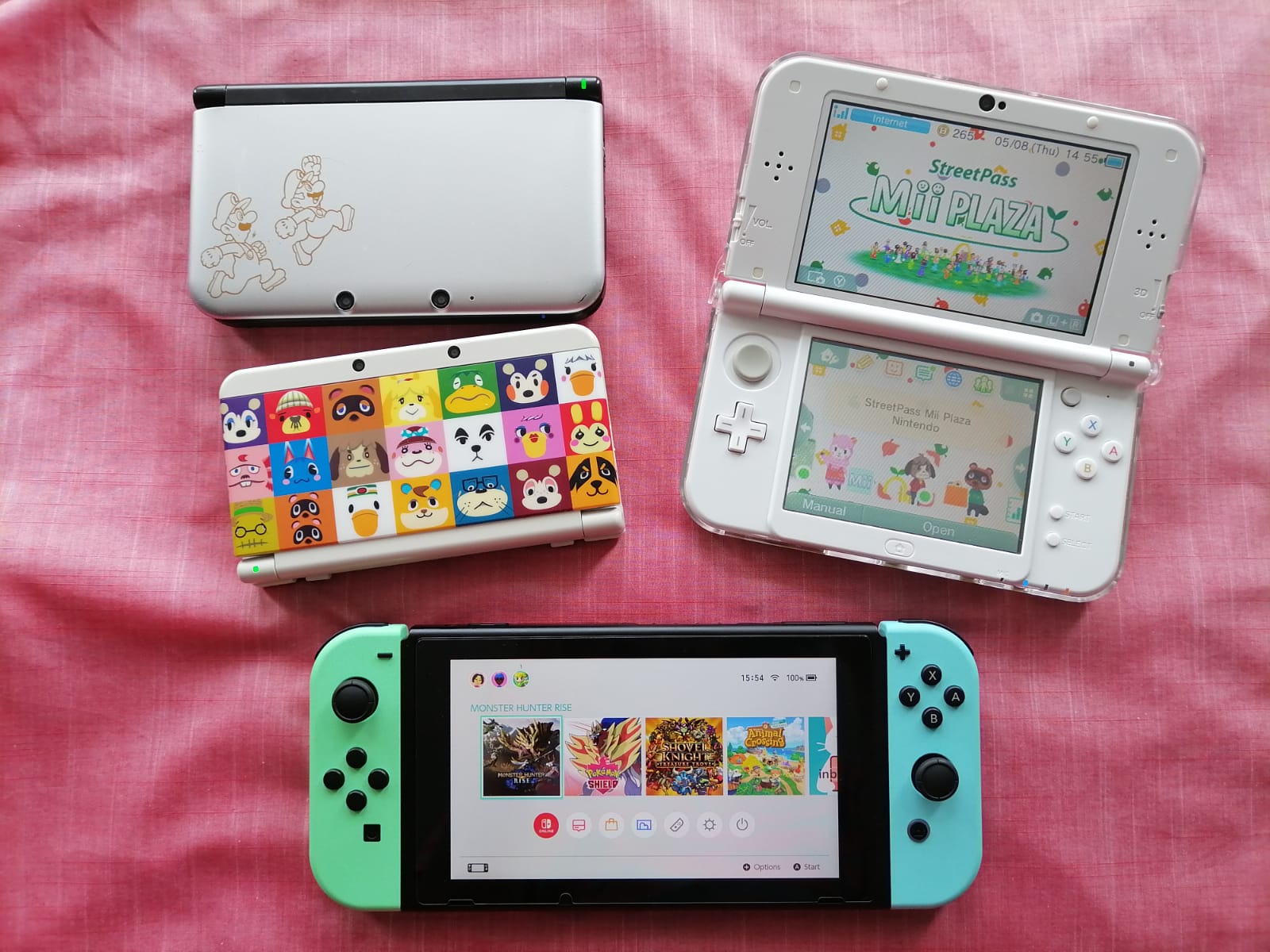
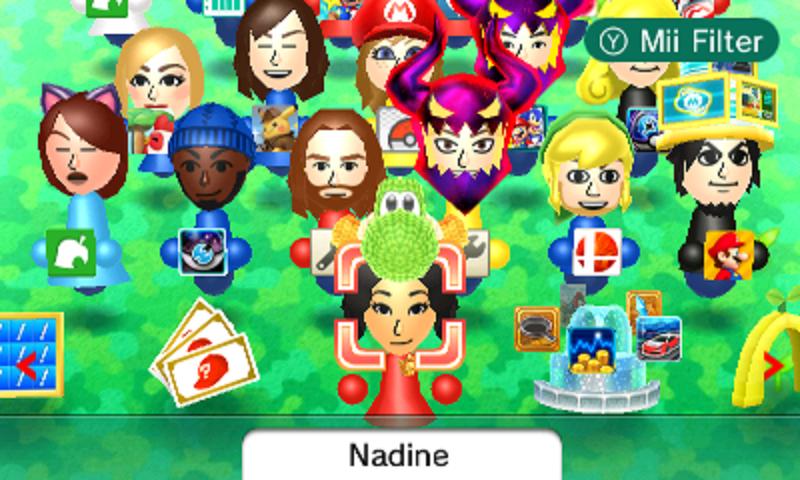
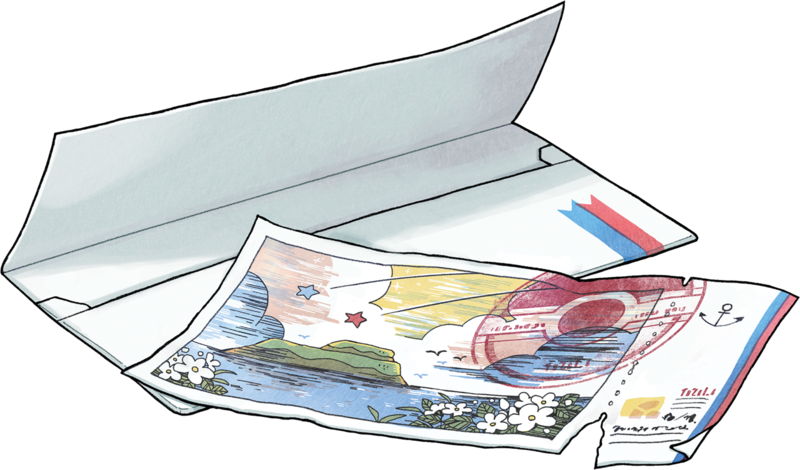
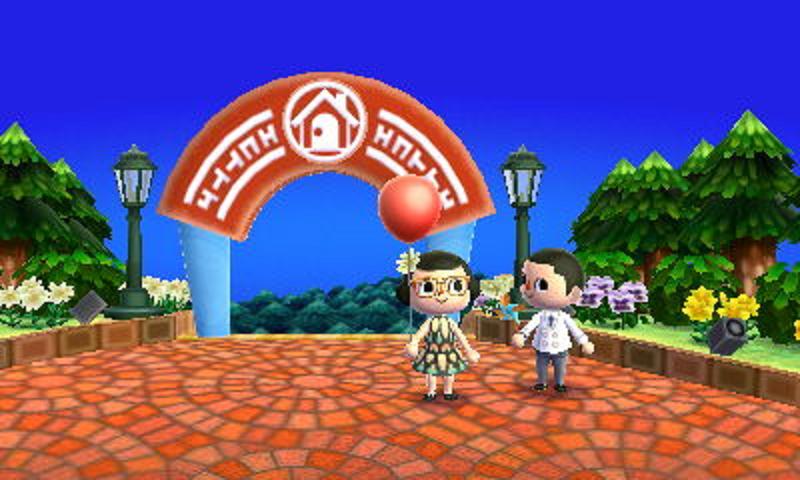
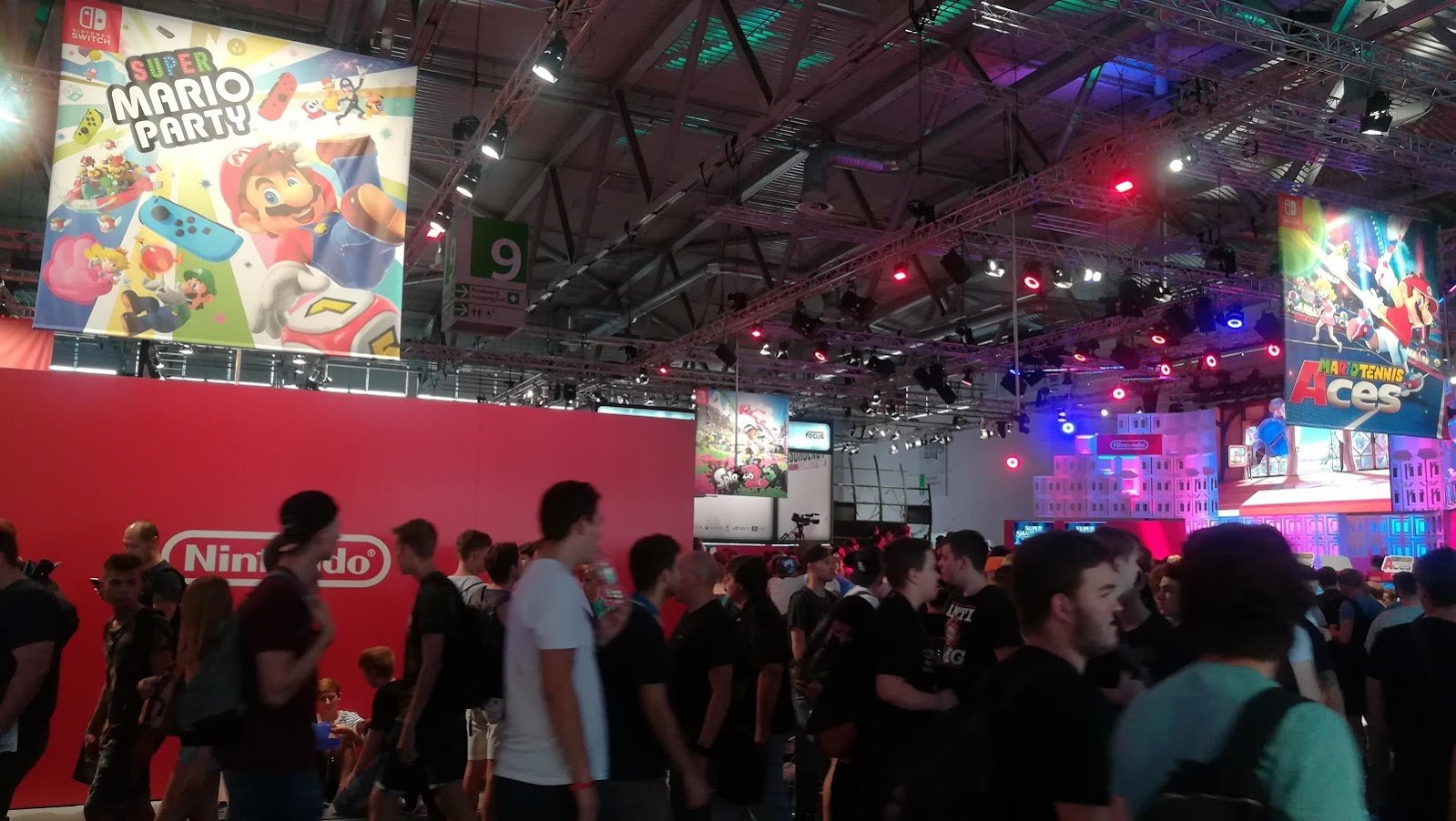
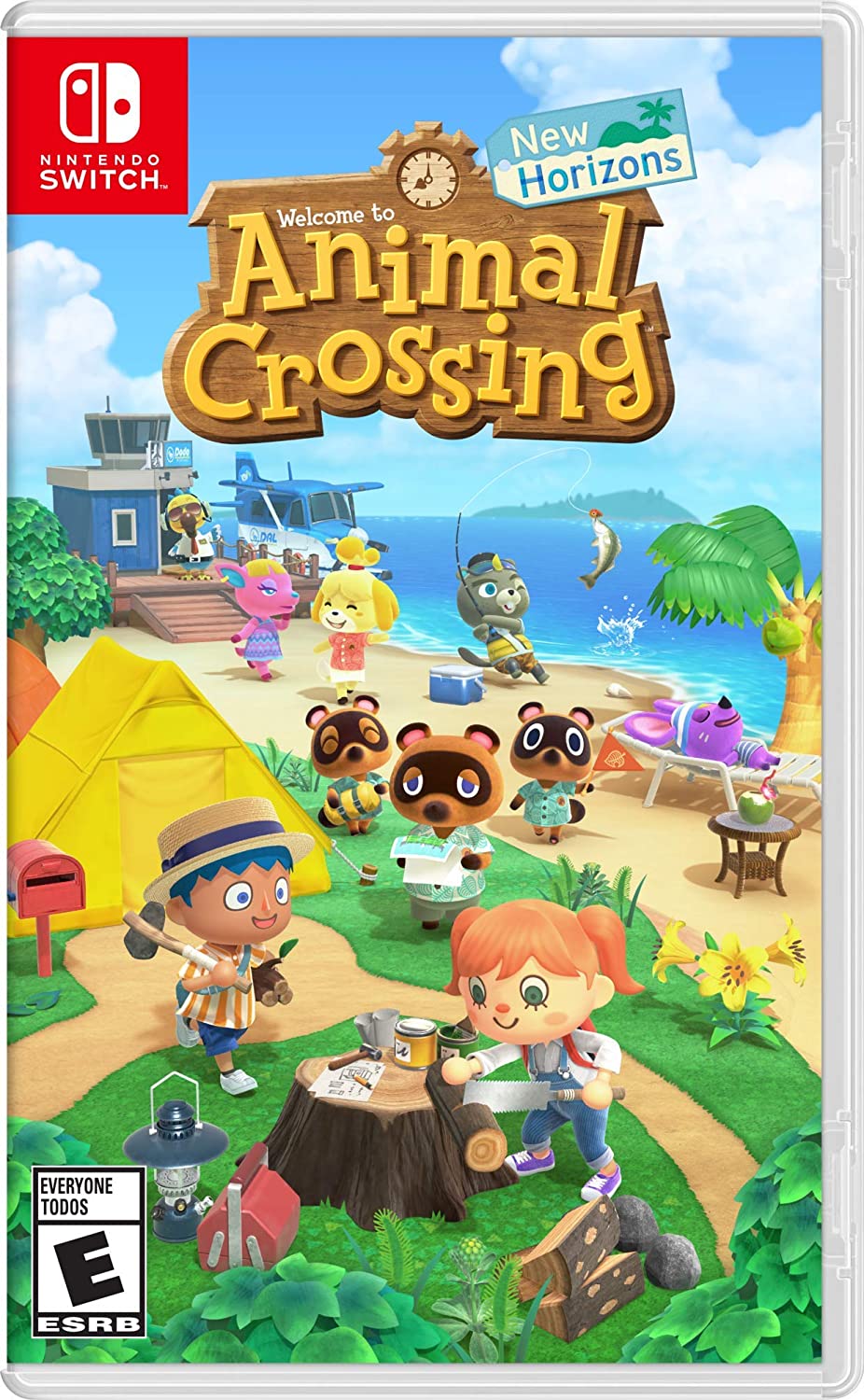

No comments: